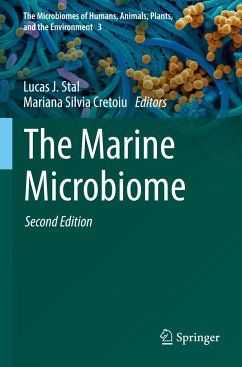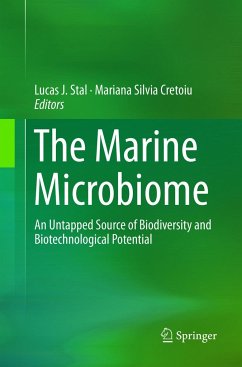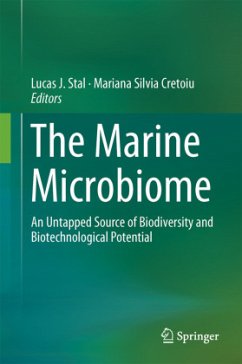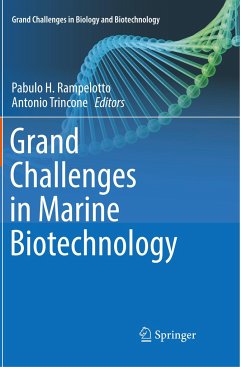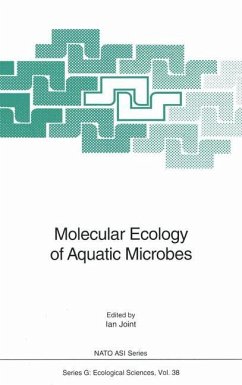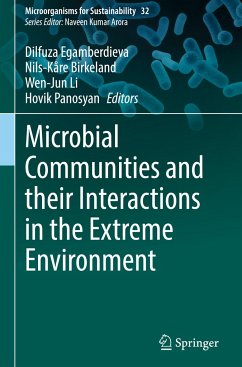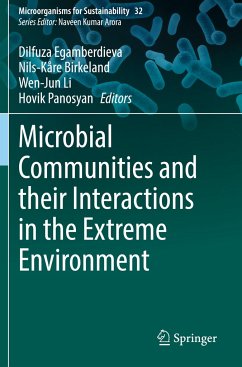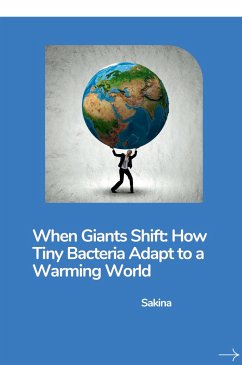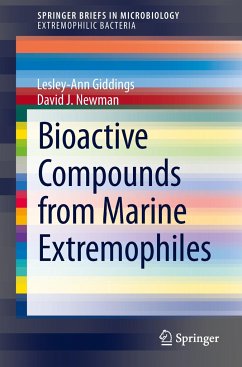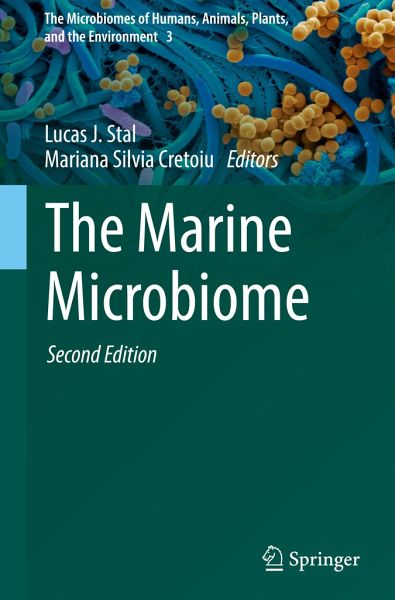
The Marine Microbiome

PAYBACK Punkte
87 °P sammeln!
This updated and expanded second edition reviews numerous aspects of the marine microbiome and its possible industrial applications. The marine microbiome is the total of microorganisms and viruses in the ocean and seas and in any connected environment, including the seafloor and marine animals and plants.In the first part of the book, diversity, origin and evolution of the marine microorganisms and viruses are discussed. The microbes presented originate from all three domains of life: Bacteria, Archaea, and Eukarya. The second part sheds some light on the different communities: it describes m...
This updated and expanded second edition reviews numerous aspects of the marine microbiome and its possible industrial applications. The marine microbiome is the total of microorganisms and viruses in the ocean and seas and in any connected environment, including the seafloor and marine animals and plants.
In the first part of the book, diversity, origin and evolution of the marine microorganisms and viruses are discussed. The microbes presented originate from all three domains of life: Bacteria, Archaea, and Eukarya. The second part sheds some light on the different communities: it describes marine habitats and how their inhabitants control biogeochemical cycles. The third part finally examines the microbial ocean as a global system and evaluates methods of utilizing marine microbial resources.
Adopting a translational approach, the book connects academic research with industrial applications, making it a fascinating read and valuable resource for microbiologists from both domains.
In the first part of the book, diversity, origin and evolution of the marine microorganisms and viruses are discussed. The microbes presented originate from all three domains of life: Bacteria, Archaea, and Eukarya. The second part sheds some light on the different communities: it describes marine habitats and how their inhabitants control biogeochemical cycles. The third part finally examines the microbial ocean as a global system and evaluates methods of utilizing marine microbial resources.
Adopting a translational approach, the book connects academic research with industrial applications, making it a fascinating read and valuable resource for microbiologists from both domains.



